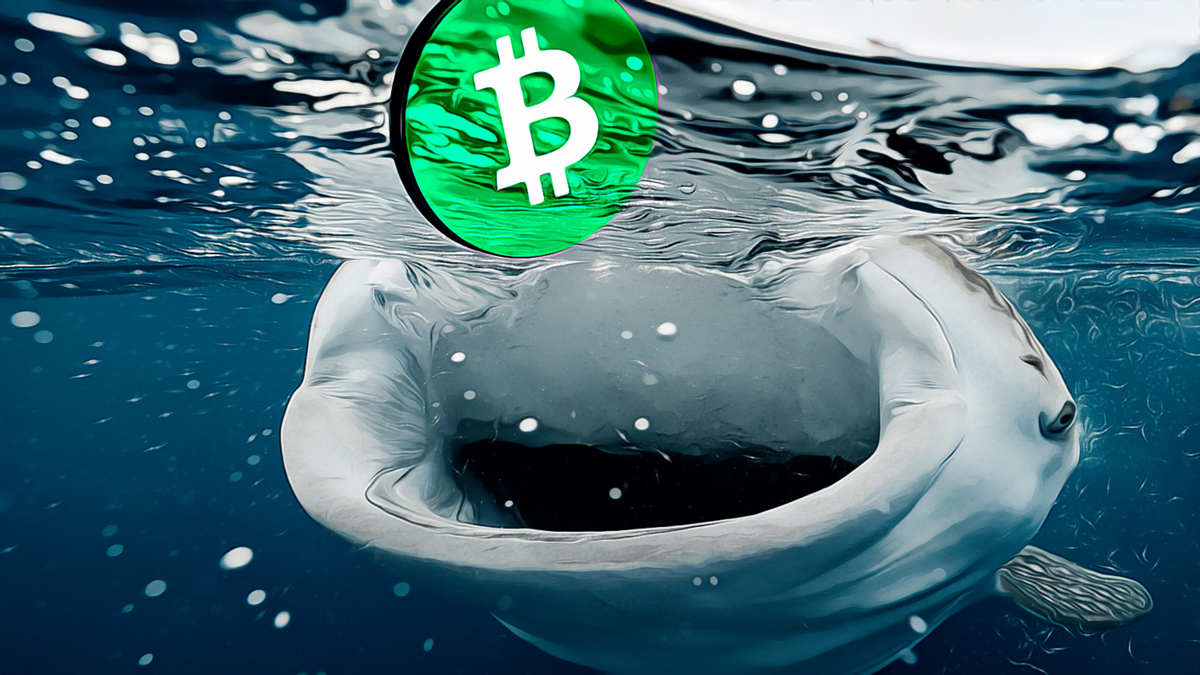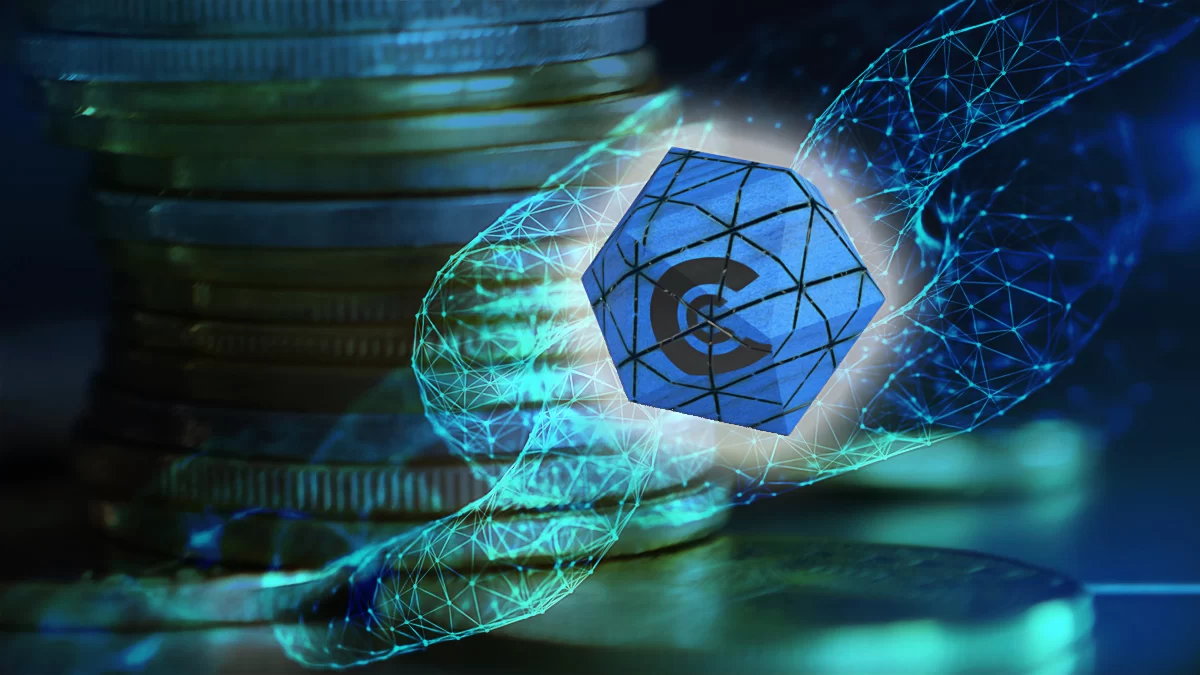Meltem Demirörs, along with Superstate’s CEO and founder Robert Leshner, shared their insights on the tokenization of real-world assets at the Real World Assets Summit held on Tuesday in New York. The discussion was led by Laura Shin, the host of the Unchained podcast.
Advantages of Tokenization
Leshner argued that tokenization could make trillions of dollars in real-world assets more secure and usable. “We have $500 trillion in assets that can transition from bad ledgers to good ones,” Leshner stated. He also noted that the decentralization provided by cryptocurrencies would benefit tokenized assets.
Challenges and Future Outlook
Demirors criticized tokenization, asserting that it beautifies initially poor investments. “Tokenization is like putting lipstick on a pig,” she remarked, indicating that it is not a crypto innovation. Furthermore, she argued that tokenization shifts assets from the crypto ecosystem to traditional financial institutions.
During the discussion, Leshner emphasized that tokenization’s features, such as global accessibility, instantaneous transactions, and programmability, would enable more efficient use of trillion-dollar assets. Demirors highlighted that this process centralizes wealth, transferring it from the crypto ecosystem to traditional financial organizations.
This dialogue focused on both the benefits and drawbacks of tokenizing real-world assets, offering significant insights into how interactions between crypto and traditional finance might evolve in the future. While the tokenization process shows potential benefits in areas such as security and accessibility, critiques regarding the nature and management of assets are expected to persist.









